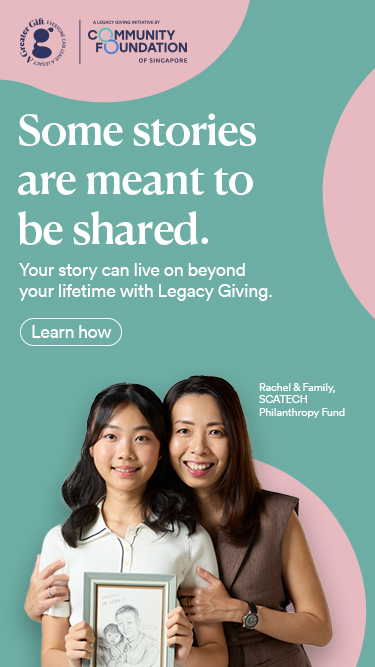Opinion
Giving mental health a boost – why it matters

John Doe
November 26, 2021
Nov 26, 2021

When the pandemic hit, seemingly overnight, daily routines and livelihoods were forever changed. Children could no longer play outdoors; youths saw lost time with friends, school, graduations and more; while adults straddle an ever-changing array of challenges – from coping with loss of work to additional care-giving duties.
When the pandemic hit, seemingly overnight, daily routines and livelihoods were forever changed. Children could no longer play outdoors; youths saw lost time with friends, school, graduations and more; while adults straddle an ever-changing array of challenges – from coping with loss of work to additional care-giving duties.
- Related Topics For You: CAREGIVER SUPPORT, CHARITY STORIES, CHILDREN, DONOR STORIES, FAMILIES, HEALTH, INCLUSIVITY & INTEGRATION, MENTAL WELLBEING, OPINION, YOUTH



